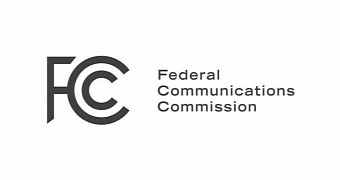The window during which the FCC had its lines open to opinions on the net neutrality debate has now officially closed. As of midnight on Monday, the FCC received 3.7 million comments.
The announcement was made by David Bray, Chief Information Officer for the FCC, over his Twitter account.
The Federal Communications Commission has been accepting comments for several months now, with several bursts of interest from people all over the world raising the numbers to such heights.
When the number of comments reached the 1 million mark, FCC’s site went down due to the outdated system and to the fact that the commission really wasn’t expecting such an interest in the topic.
Although the first round of comments only got about 1.1 million opinions sent to the FCC, there has been a lot of discussion about the topic in the months that passed since then.
The success of the Internet Slowdown Day
The Internet Slowdown Day, which showed the world what the lack of net neutrality would mean for their online experience, has been a resounding success and has attracted a good portion of the comments the FCC now has.
There were 722,364 new comments sent to the FCC on September 10 alone, as well as nearly 2.2 million emails sent to the Congress and over 303,000 phone calls made to the members of the Congress. That’s a pretty impressive score for a single day of activity. It’s obvious that in the past few weeks, especially as the debate on the topic of net neutrality intensified, so did the number of people hoping to share their two cents.
According to a company that looked over a portion of the comments from the FCC, only under 1 percent of them were in favor of allowing ISPs to create the so-called fast lanes. Another good portion of the batch told the FCC to use Title II to change the status of the ISPs to common carriers, which would give the commission enough legal power over them to enforce net neutrality.
This seems to be the only other solution the FCC has in order to solve the issue, since allowing companies such as Comcast and Verizon to force others to pay if they want to have access to proper Internet speeds isn’t ideal.
In fact, Netflix has said on several occasions that the only reason it agreed to sign a peering deal with these companies was because it was forced to do so by the drop in customer numbers due to poor connection speeds.
The FCC has started its roundtables concerning net neutrality, but it remains to be seen what the final decision will be.
With the close of the 2nd round of #OpenInternet comments, @FCC received approx. 3.7 million comments @khart @GigiBSohnFCC @sarahamillican
— David A. Bray (@fcc_cio) September 16, 2014

 14 DAY TRIAL //
14 DAY TRIAL //